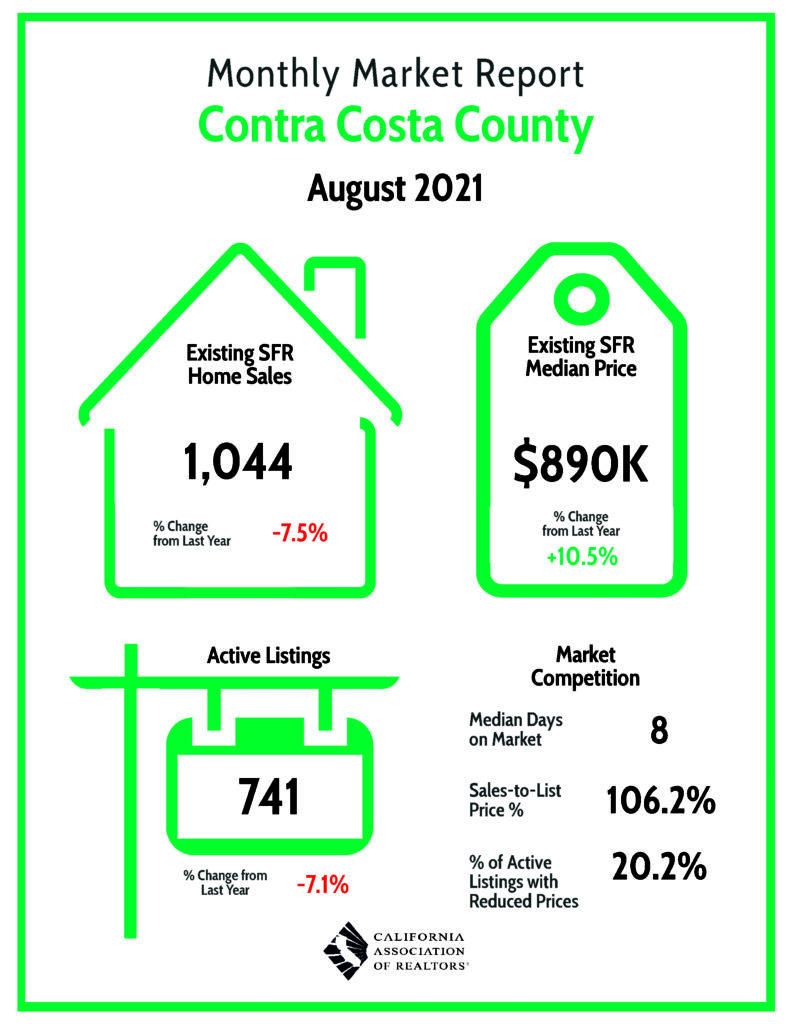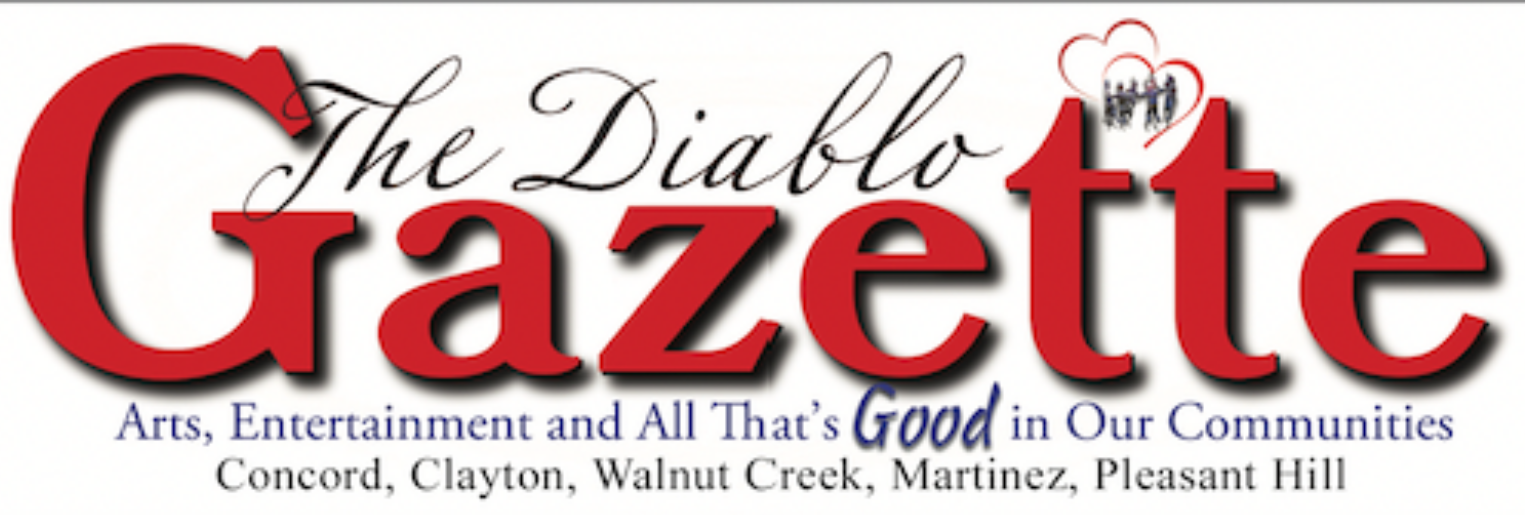I like to give information that enhances your real estate knowledge. 1031 Tax Deferred Exchange is a topic of interest to many of my clients. There are many reasons to do an exchange. The Exchange company (Qualified Exchange Intermediary or QI) that I use most often provides tutorials and examples for clients to assess their situations. James Callejos is a wealth of information, having done this for decades. Here are 15 facts about 1031 Tax deferred Exchanges that you may have been unaware. My comments are in ( ).
- 1031 Exchanges are under threat of elimination or heavy restriction by Congress and the administration. (There may be a time when we will have to lobby our congress to tell them that this is a valuable tool for large and small investors alike. My average investor client is between 50 and 75 years old and retiring or retired and this is income for them.)
- 1031 is not a tax loophole.
- 1031 Exchanges allow taxpayers to defer taxes.
- Does a 1031 Exchange make sense for you? Do a quick and helpful 5 Point Analysis here: ipx1031.com/five-reasons-to-1031-exchange/
- There are many non-tax reasons to exchange.
- As a general rule, to fully defer taxes, taxpayers should purchase Replacement Property with a value equal to or greater than the Relinquished Property and reinvest all net proceeds into that new Replacement Property. If the taxpayer purchases property of lesser value or doesn’t reinvest all proceeds, the difference is considered taxable boot and the exchange becomes a Partial Exchange with a partial tax deferral.
- 1031 Exchanges follow strict time limits. Once the Relinquished property is sold, generally speaking, taxpayers have a total of 180 days to purchase Replacement property. The taxpayer must identify the new property(s) that they will purchase within the first 45 days of the 180 days.
- To avoid having a taxable event, taxpayers may not have actual or constructive receipt of the proceeds from their Relinquished Property(s) sale.
- Exchanges between related parties are permitted, however, specific rules must be followed. (It is worth exploring for investing and/or exchanging with related parties.)
- Partnerships and LLCs can utilize 1031 Exchanges.
- Reverse Exchanges where an Exchanger buys first and sells second may give you the advantage to maximize your tax deferral.
- Unless taxpayers are “swapping real estate” without any money being transferred, a Qualified Intermediary (QI), like IPX1031, is required.
- QIs are not regulated by the federal government nor by most state governments.
- QIs like IPX1031 cannot give specific advice – only guidance.
- Start with the right QI.
When in doubt, I call James and you can too. James Callejas, mobile 415-640 0794. Email: James.Callejas@sis.ipx1031.com. Website: www.ipx1031.com/callejas



